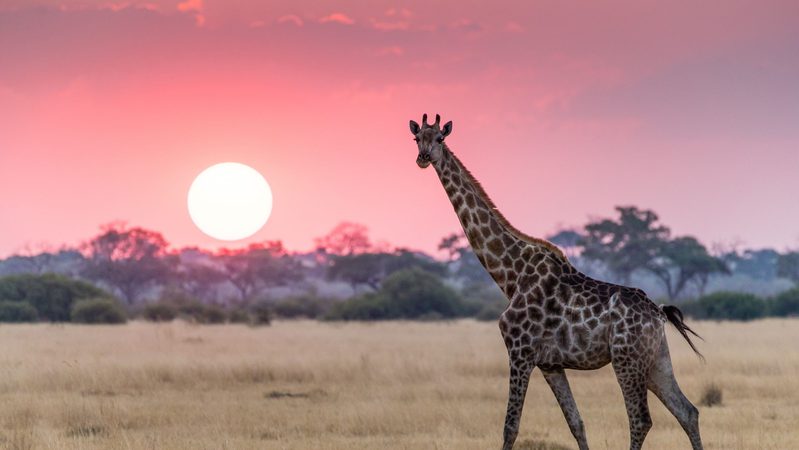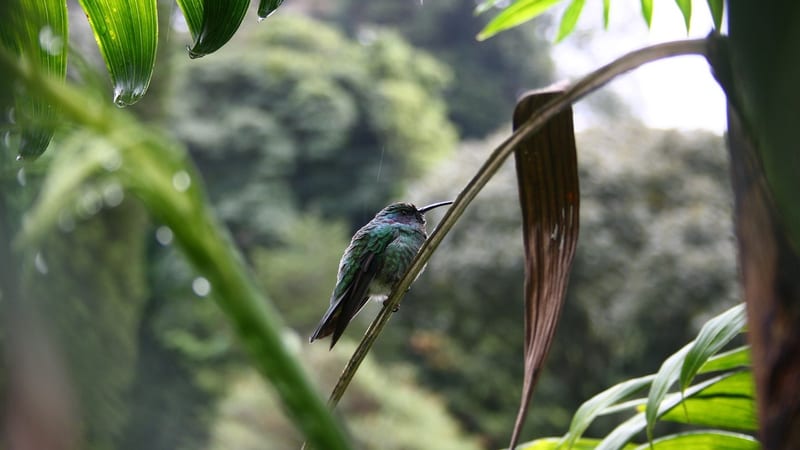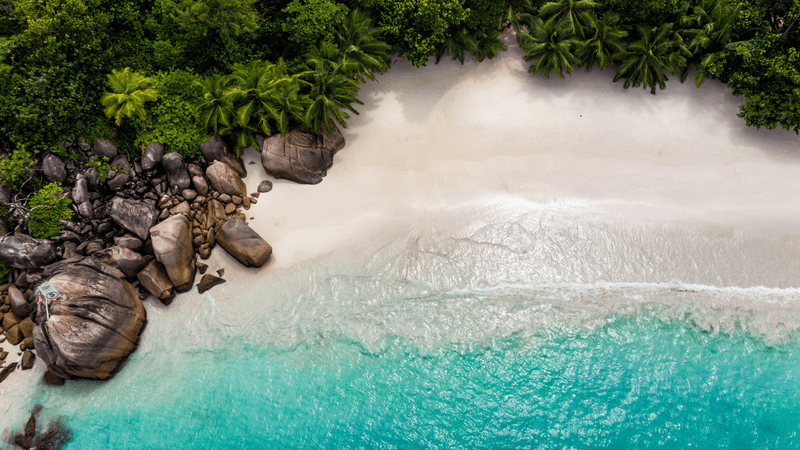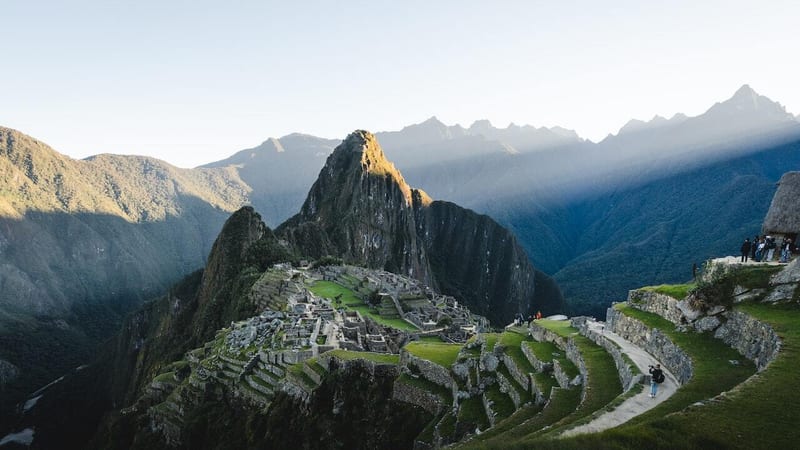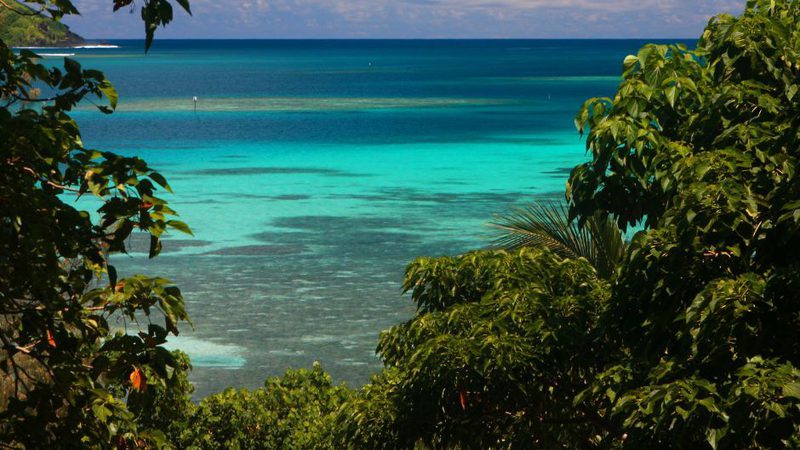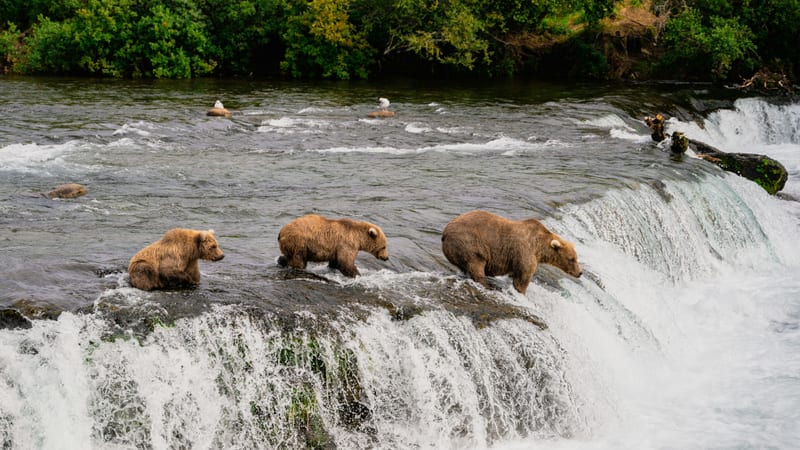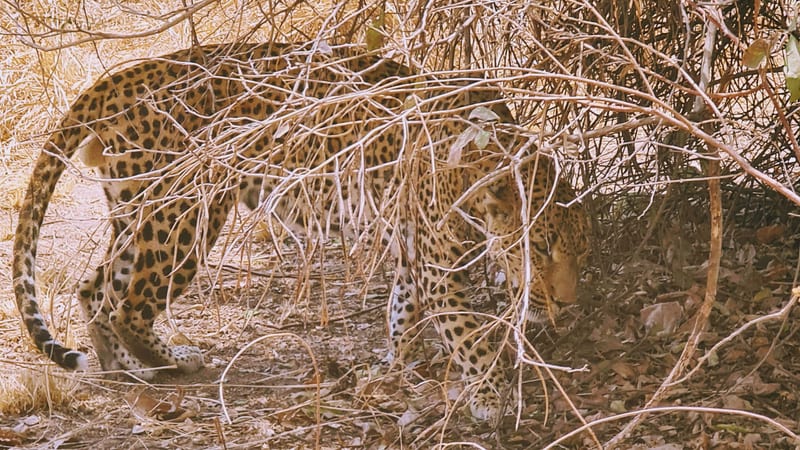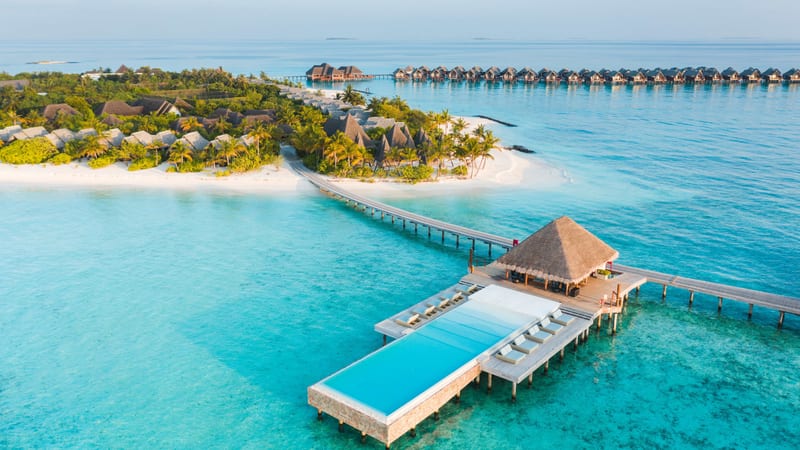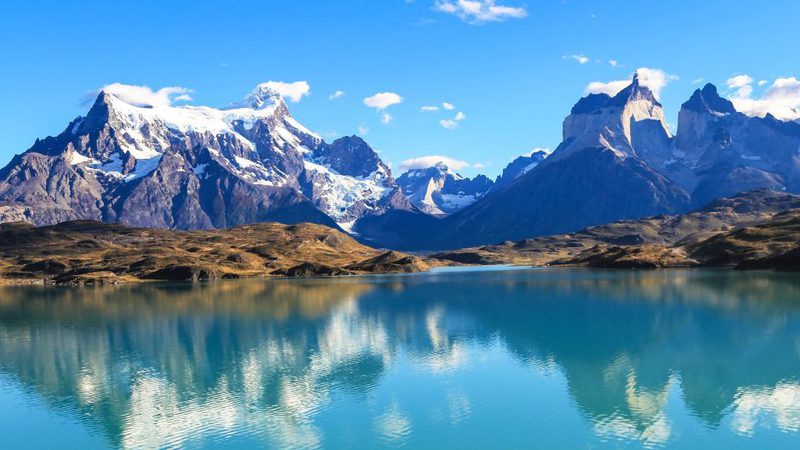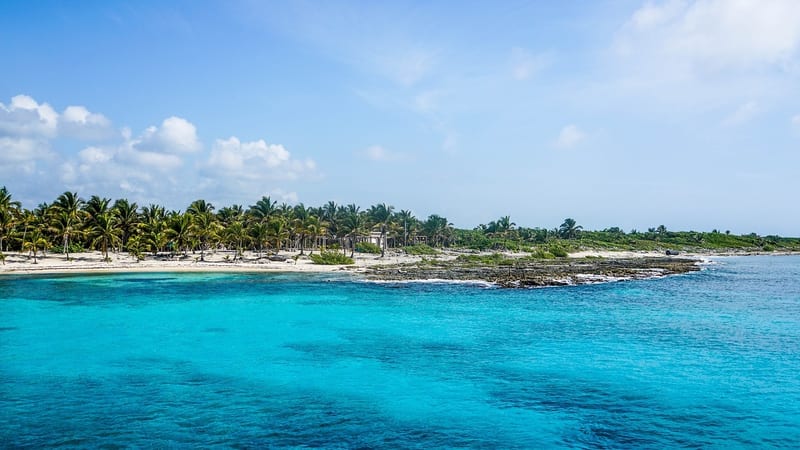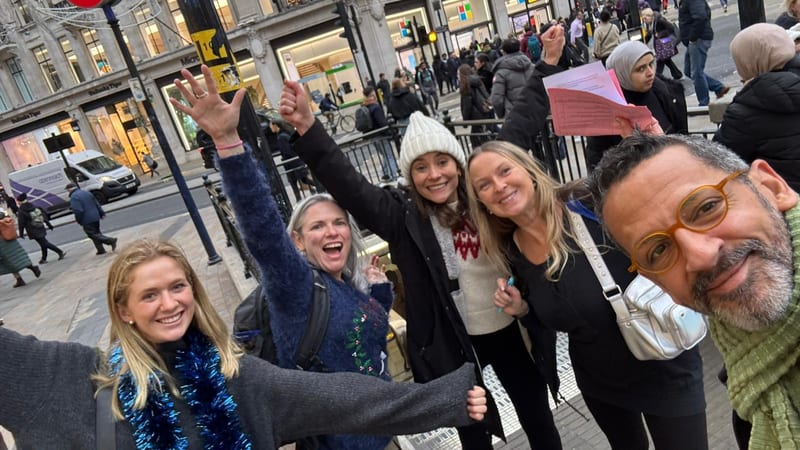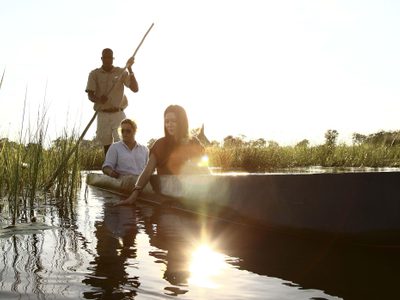
A Botswana safari is synonymous with the Okavango Delta, and of all the many activities a visitor can experience here, the Mokoro safari is probably the most iconic.
Firstly, what is a mokoro?
A Mokoro is a slender, low canoe traditionally made from the hollowed-out trunk of a hardwood tree, but now with conservation in mind, they are often made out of fibreglass to preserve local trees. From a distance you can’t tell the difference and take it from me, the fibreglass ones are a LOT more comfortable.
For millennia Mekoro (the plural term for the dug-out canoes) have been used by local people to move around the Delta’s flooded waterways, to carry goods and to fish from.
The Okavango Delta is the only place in Africa where you can take a mokoro safari.
When to go
Typically the best time to take a mokoro safari is during the flood season when the waters in the Okavango Delta are higher (somewhat confusingly, the floods happen during the dry season... you can read more about understanding the floods here). Although the exact timing of the flood varies from year to year, May - September is typically a good time for this activity (it starts in the north-west and makes its way south).
You can take a mokoro trip at any time of day, but like most safari activities morning and evening are best, and they usually only last an hour or so.
In some camps, you can mokoro straight from the camp when the flood is at its highest, at others, it’s a short drive to a Mokoro station. When the flood waters are low, it might not possible to pole directly from some camps and it’s worth checking this before you choose your camp if this is a priority for your safari.
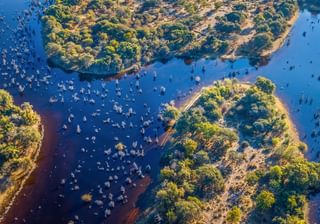
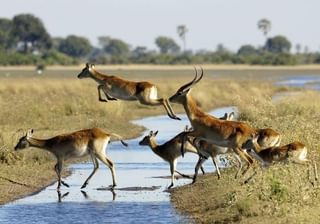
So why try a mokoro safari? Here are three good reasons.
1. A unique perspective
A mokoro safari offers a completely unique perspective which is unachievable from any other safari experience. It will bring you eye level with the flora within the waterways and give you a chance to appreciate some of the smaller wildlife that call the delta home; from the noisy Angolan Reed frog which comes in a vibrant array of colours to Red Lechwe antelope which hides, camouflaged in the reeds. A mokoro safari is a peaceful, relaxing experience allowing you to absorb the beauty of the delta as you gaze down at the sandy bottom and take in the stunning water-lilies as you drift by.
Whilst a mokoro safari doesn't tend to focus on a larger game, as it is a near-silent mode of transport, you might be surprised by how much wildlife you see. Watching an elephant drink from the banks of the river as you float on by is quite an experience! Very, very occasionally and if you are extremely lucky, you might even come across some wild dog....
The birding is wonderful too as many bird species build their nests amongst the dense reeds, and you’ll almost certainly see the beautifully coloured African Jacana which runs across the lily pads on its ridiculously long toes.
Where to stay: Khwai Leadwood
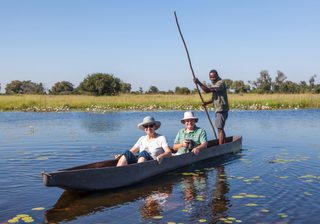
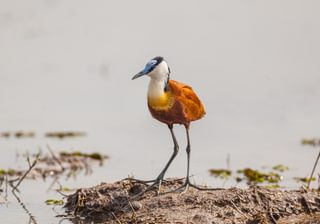
2. Local community
During your mokoro safari, you are poled by an expert guide who will have grown up in the area and have been poling a mokoro since they were a child. The polers use a nkashi or pole to propel you through the waterways and have an amazing balance making it look easy although I’m absolutely sure it’s not! Your poler will act as your guide too, teaching you about the waterways, and the wildlife found here and it is a wonderful opportunity to find out more about their heritage and traditional life too.
There are usually two adult passengers per mokoro, and you each have a seat so you can relax, lean back and enjoy the ride.
In some areas Community Trusts have been formed where local polers take guests from the surrounding lodges on a canoe safari, ensuring that the financial benefits of tourism filter down to the local community. On these trips there are often a few canoes out at a time and the banter between the polers, who clearly have known each other for life, is alone worth the trip. As a parting gift, the guests are given waterlily necklaces as a lovely biodegradable (and short-lived) memento. All polling activity in the delta is regulated to ensure that only licensed polers can operate and guest safety is paramount.
3. Travel deeper
If you like the idea of a mokoro safari and would like to take it to the next level it’s possible to take a longer trip. With your guide, you will travel by mokoro and on foot between permanent camps, or you can take part in a mobile camping safari where you travel between islands, sleeping in dome tents in basic but comfortable camps. This is the best way to get really immersed in the rhythms of the delta, travelling in the cooler parts of the day and resting in the shade during the hotter parts, just relaxing and watching what nature might present to you next!
Where to stay: Oddballs
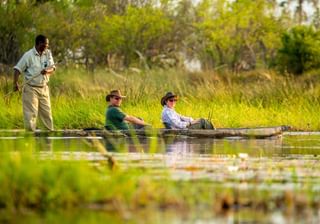
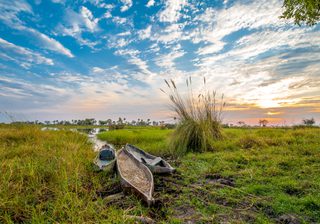
Is it safe?
Safety is of utmost importance and all polers are licensed to ensure best practice is followed. Mokoro safaris tend to take place in the smaller, more shallow narrow channels as this ensures the polers avoid hippos which tend to spend their days wallowing in the larger, more river-like channels and which are highly territorial so could be dangerous to a mokoro. Likewise, your poler will recognise and avoid crocodile lairs ensuring guest safety.

